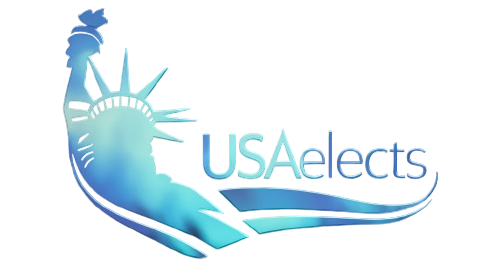Mark Zuckerberg, the CEO of Meta, recently made headlines with a candid admission that his company, Facebook (now part of Meta), faced significant pressure from the Biden-Harris administration to censor content, particularly regarding COVID-19. This revelation, outlined in a letter to House Judiciary Committee Chairman Jim Jordan, R-Ohio, has sparked discussions about government influence on social media platforms and the broader implications for free speech in the United States.
Discover more articles on USA Elects
Meta’s Position: A Delicate Balance
In his letter, Zuckerberg made it clear that Meta’s mission is to promote free speech and foster connections among people while maintaining a safe online environment. This balancing act often puts the company in the crosshairs of various governments, including the U.S., who have differing opinions on what constitutes appropriate content.
“We regularly hear from governments around the world with various concerns about public discourse and safety,” Zuckerberg wrote. He emphasized that Meta strives to navigate these concerns without compromising its commitment to free expression. However, he also acknowledged that the pressure from the Biden administration was unprecedented in its intensity and persistence.
The Pressure to Censor COVID-19 Content
According to Zuckerberg, senior officials from the Biden administration repeatedly pressured Meta’s teams to censor specific COVID-19-related content, including satire and humor. The administration’s frustration was palpable when Facebook resisted these calls for censorship.
Zuckerberg admitted that the pressure from the government influenced some of Meta’s decisions regarding content moderation. “Ultimately, it was our decision whether or not to take content down, and we own our decisions, including COVID-19-related changes we made to our enforcement in the wake of this pressure,” he wrote.
He also expressed regret for not being more outspoken against the government’s pressure at the time, stating, “I believe the government pressure was wrong, and I regret that we were not more outspoken about it.”
Reflecting on Past Decisions
Zuckerberg’s letter includes a reflection on the decisions Meta made during this period. He admitted that, in hindsight, some choices may not have been the best. “With the benefit of hindsight and new information, we wouldn’t make [those decisions] today,” he stated.
This admission is significant as it highlights the evolving nature of content moderation policies on social media platforms, particularly when under pressure from external forces. It also raises questions about the extent to which tech companies should comply with government demands that may conflict with their own standards and values.
Government and Free Speech: A Complex Relationship
The relationship between the U.S. government and private tech companies like Meta is complex, especially when it comes to free speech. The House Judiciary Committee, chaired by Jim Jordan, has been investigating the extent to which the executive branch may have pressured private companies to censor speech, potentially violating the First Amendment.
Meta’s cooperation with this investigation has been extensive, providing thousands of documents and making a dozen employees available for transcribed interviews. This level of transparency is rare and reflects the seriousness with which Meta is treating these allegations.
What This Means for the Future
Zuckerberg’s letter and the ongoing investigation by the House Judiciary Committee could have far-reaching implications for how tech companies handle content moderation in the future. The tension between maintaining a safe online environment and upholding free speech is likely to remain a contentious issue, especially as governments continue to grapple with the influence of social media on public discourse.
For Meta, this situation underscores the importance of adhering to its content standards and resisting external pressures that may compromise those standards. As Zuckerberg stated, “We’re ready to push back if something like this happens again.”
Conclusion
Mark Zuckerberg’s admission of government pressure on Meta to censor content is a stark reminder of the challenges tech companies face in balancing free speech with public safety concerns. As the House Judiciary Committee’s investigation continues, the findings could reshape the landscape of content moderation and government interaction with social media platforms in the United States.
For now, Meta’s stance is clear: it will continue to promote speech and connect people, while being prepared to push back against any undue influence that threatens its commitment to free expression.

